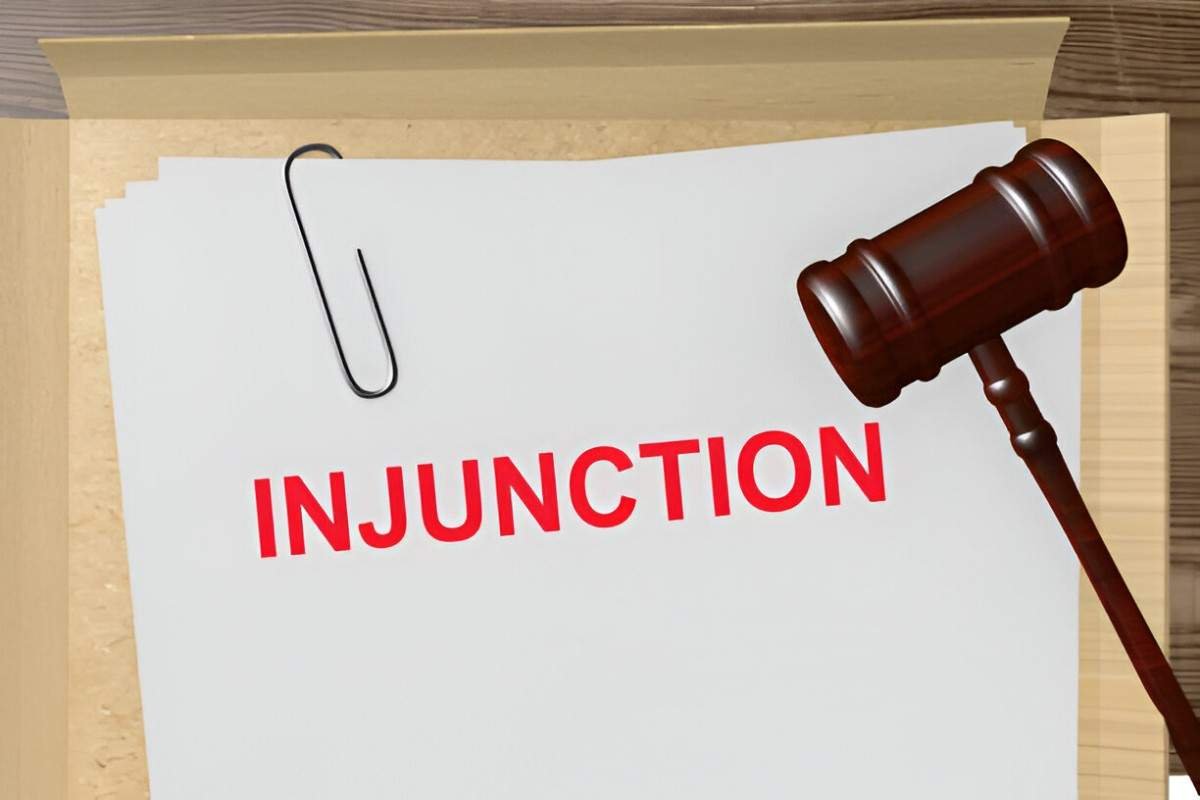An injunction is a legal remedy issued by a court that prohibits a person or entity from engaging in certain actions or behaviors. It is a powerful tool used to prevent harm, preserve rights, and maintain the status quo in legal disputes. Understanding injunctions is essential for individuals and businesses involved in legal proceedings to protect their interests and enforce their rights.
Table of Contents
What is an Injunction?
An injunction is a court order that requires a party to refrain from doing certain acts or behaviors that are deemed harmful, unlawful, or in violation of someone else’s rights. It is a form of equitable relief sought by plaintiffs in civil lawsuits to prevent irreparable harm or preserve the status quo until the underlying legal issues are resolved.
Key Points:
- Preventive Measure: An injunction is a preventive measure used to stop or restrain someone from engaging in specific actions that may cause harm or violate legal rights.
- Court Order: Injunctions are issued by courts as part of civil litigation proceedings and carry the force of law, requiring compliance by the parties involved.
- Types of Injunctions: There are different types of injunctions, including temporary restraining orders (TROs), preliminary injunctions, and permanent injunctions, each serving specific purposes in legal proceedings.
Example of an Injunction
Suppose a company discovers that a former employee has taken confidential trade secrets and intends to disclose them to a competitor. Concerned about the potential harm to its business, the company files a lawsuit against the former employee and requests a temporary restraining order (TRO) from the court. The court grants the TRO, prohibiting the former employee from disclosing the trade secrets pending further legal proceedings. If the court finds merit in the company’s claims, it may issue a preliminary injunction or permanent injunction to prevent the former employee from disclosing the trade secrets permanently.
Types of Injunctions
- Temporary Restraining Order (TRO): A TRO is a temporary injunction issued by a court to maintain the status quo and prevent immediate harm or irreparable injury until a full hearing can be held on the matter. TROs are typically granted for a short period, usually until the court can conduct a hearing on whether to grant a preliminary injunction.
- Preliminary Injunction: A preliminary injunction is issued by a court after a hearing on the merits of the case but before a final judgment is rendered. It is designed to preserve the rights of the parties and maintain the status quo until the case can be fully adjudicated. Preliminary injunctions are often granted when there is a likelihood of success on the merits and a showing of irreparable harm if the injunction is not granted.
- Permanent Injunction: A permanent injunction is issued by a court as part of a final judgment in a lawsuit, prohibiting certain actions or behaviors indefinitely. It is typically granted after a full trial on the merits of the case and remains in effect unless modified or dissolved by the court. Permanent injunctions are intended to provide a final resolution to the legal dispute and enforce the rights of the prevailing party.
Importance of Injunctions
- Protection of Rights: Injunctions play a crucial role in protecting legal rights and preventing harm or injury to individuals and businesses. They provide a legal remedy to enforce contractual obligations, intellectual property rights, and other legal interests.
- Preservation of Status Quo: Injunctions help maintain the status quo during legal proceedings, ensuring that parties do not suffer irreparable harm or loss pending a final resolution of the dispute.
- Enforcement of Court Orders: Injunctions are enforceable court orders that require compliance by the parties involved. Failure to obey an injunction can result in contempt of court charges and other legal consequences.
Conclusion
Injunctions are powerful legal remedies issued by courts to prevent harm, preserve rights, and maintain the status quo in legal disputes. They require parties to refrain from engaging in certain actions or behaviors that may cause harm or violate legal rights. Understanding the types and functions of injunctions is essential for individuals and businesses involved in legal proceedings to protect their interests, enforce their rights, and seek equitable relief in civil lawsuits.





